OTAN News
OTAN’s Digital Leadership Academy (DLAC) Cohort 4 Navigates and excels in year 1
In August 2022, DLAC 4, commenced a groundbreaking journey in adult education and digital education, focusing on fostering team growth, collaboration, and skill enhancement. The first year saw teams dedicating efforts to understanding strengths, honing conflict resolution skills, and participating in a comprehensive Distance and Digital Learning 101 course facilitated by the IDEAL Consortium/Ed Tech Center through World Education.
The participating teams, driven by specific goals to advance digital learning capabilities, flexibly modified plans based on careful evaluation and responsiveness to evolving student and community needs. Data analysis guided the identification of best solutions to meet educational objectives.
From September to October 2023, OTAN Coordinator Neda Anasseri, site coaches, and DLAC advisor Dr. Paul Porter traveled for in-person visits to each participating site. These visits facilitated connections with extended team members, engagement with administrators, and discussions on project progress. The focus centered on assessing initiative effectiveness and exploring further support from OTAN as DLAC 22-24 Cohort 4 entered its second year.
DLAC 4's dedication and hard work, coupled with guidance from OTAN, coaches, and consultants, celebrate the success and impact of the Digital Leadership Academy. As the program advances into its second year, the emphasis remains on innovation, collaboration, and addressing the evolving landscape of adult education in the digital era. This update reflects the commitment of the DLAC 4 cohort in driving positive change and embracing the challenges and opportunities of digital learning in adult education. Here are a few more insights from each site visit:
LAUSD Adult Education virtual Academy (AEVA): A Virtual Triumph
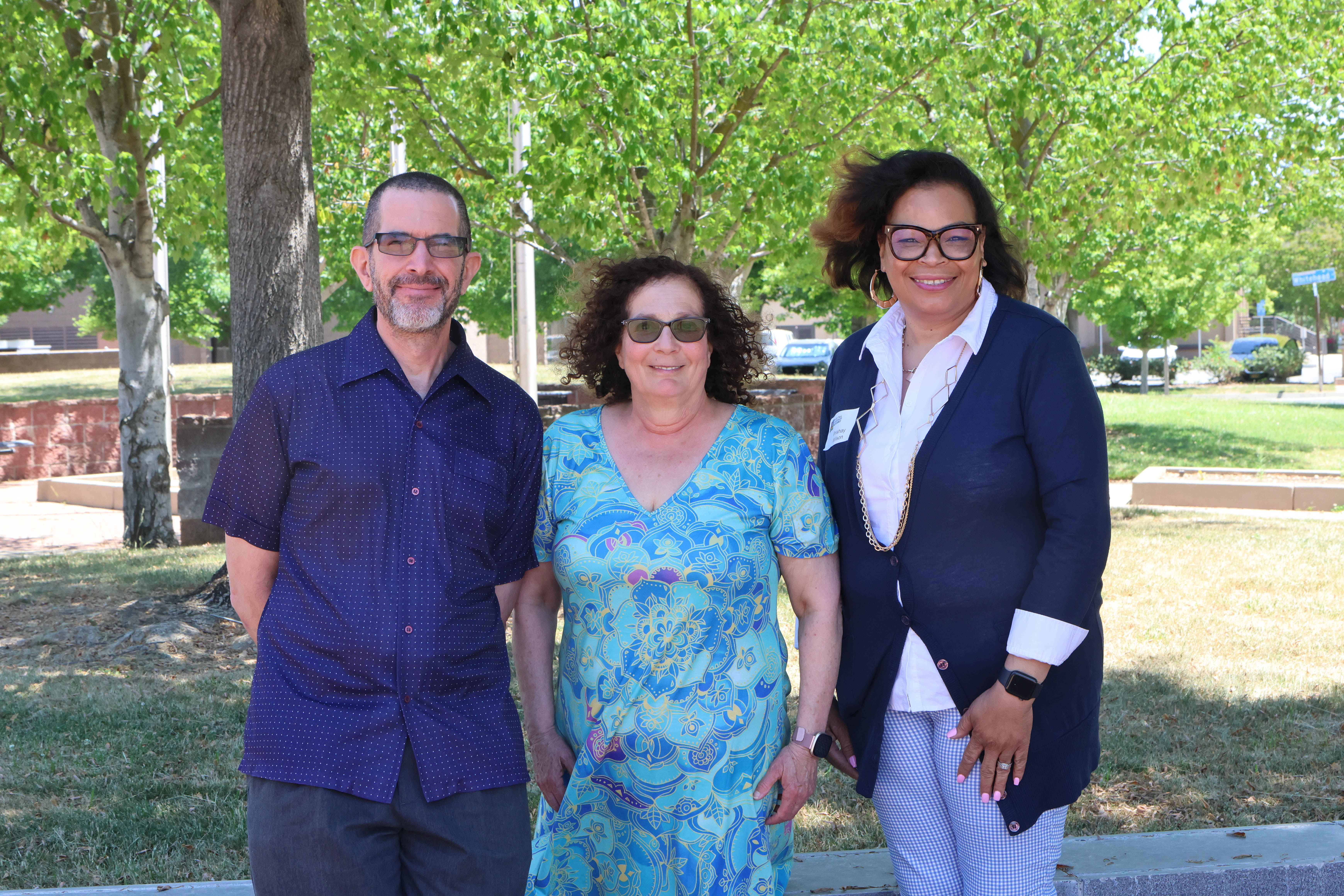
During a virtual site visit to AEVA, notable achievements surfaced. The school surpassed its enrollment goal, currently hosting 1,300 students with a target of 2,000 by year-end. Teachers embraced the LMS Schoology, with tech-savvy approaches that inspire peers. Suggestions included data collection on engagement and potential roles like IT Teacher Advisor for program support. Administrators' support and plans for consistency were acknowledged, with future steps including early screening and an Advisory Committee.
Torrance Adult School (TAS): In-Person Strides
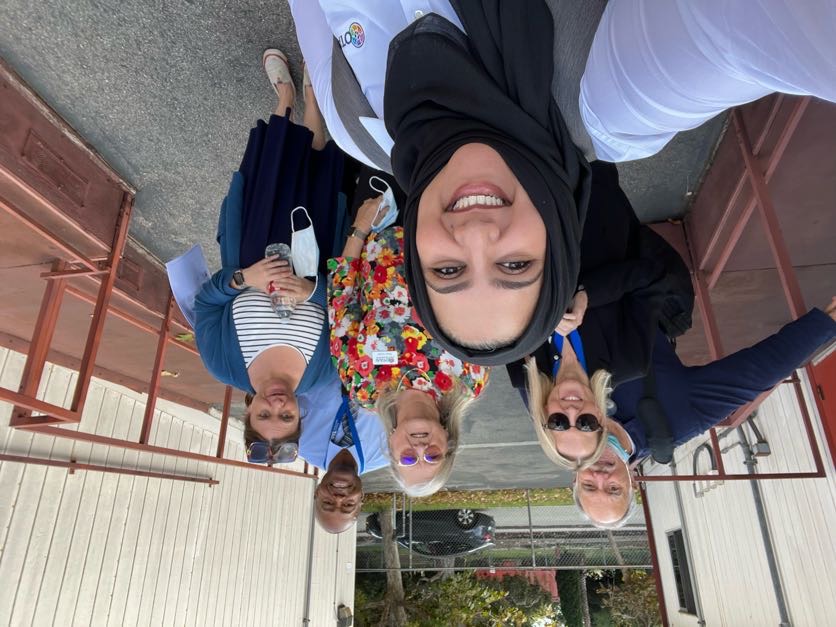
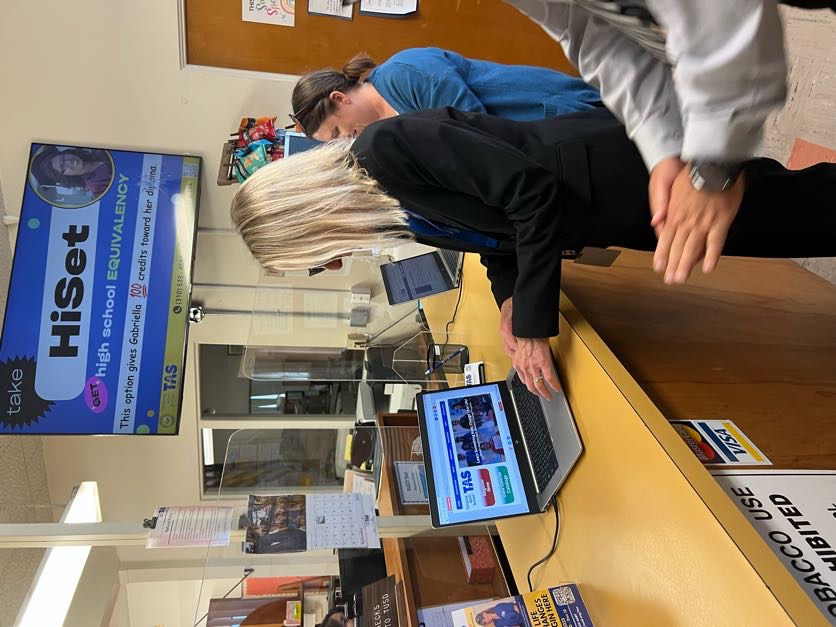
Torrance Adult School (TAS) welcomed an in-person visit, addressing goals like NorthStar implementation, Hyflex classes in ASE, extending Hyflex to ESL, and enhanced CANVAS training. Teachers excelled in NorthStar assessments, with plans to introduce it to ESL, CTE, and ABE students. Challenges of having two administrators for three schools were noted, along with recommendations for CANVAS implementation and continued support.
Grossmont (GAS): Commendable Programs
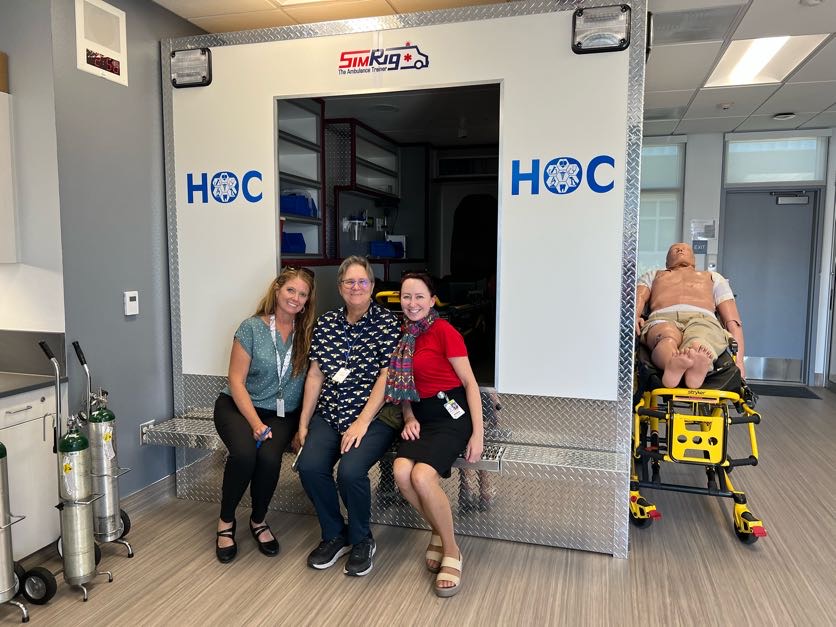
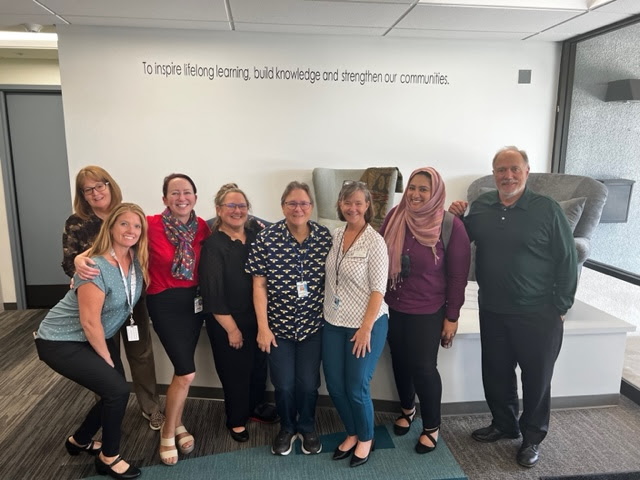
Grossmont Adult School shined during our visit, with commendations for remarkable health programs, engaged teachers, and full ESL classrooms. Recommendations included further Chromebook integration, personalized digital literacy sessions, and plans for NorthStar training and Learning Upgrade utilization.
Apple Valley Adult School and Victor Valley College: Collaborative Success
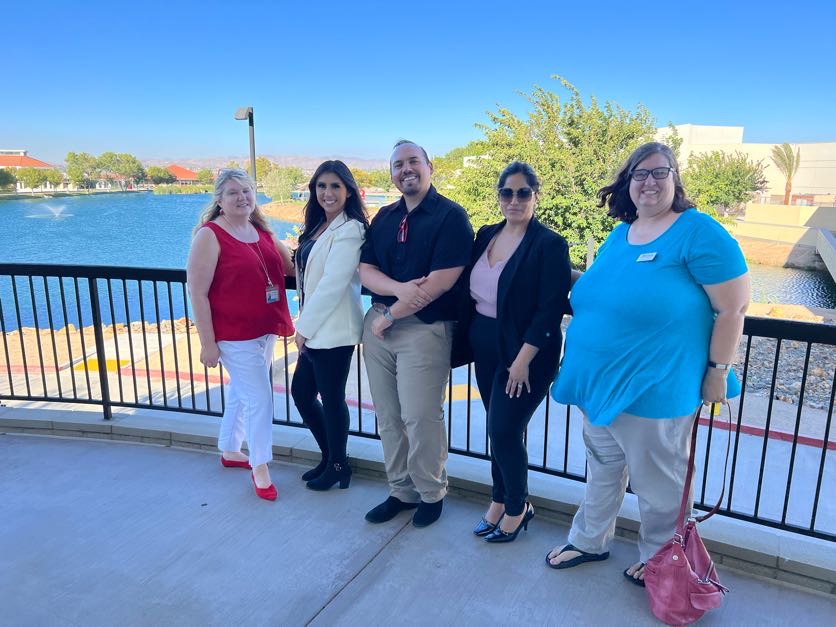
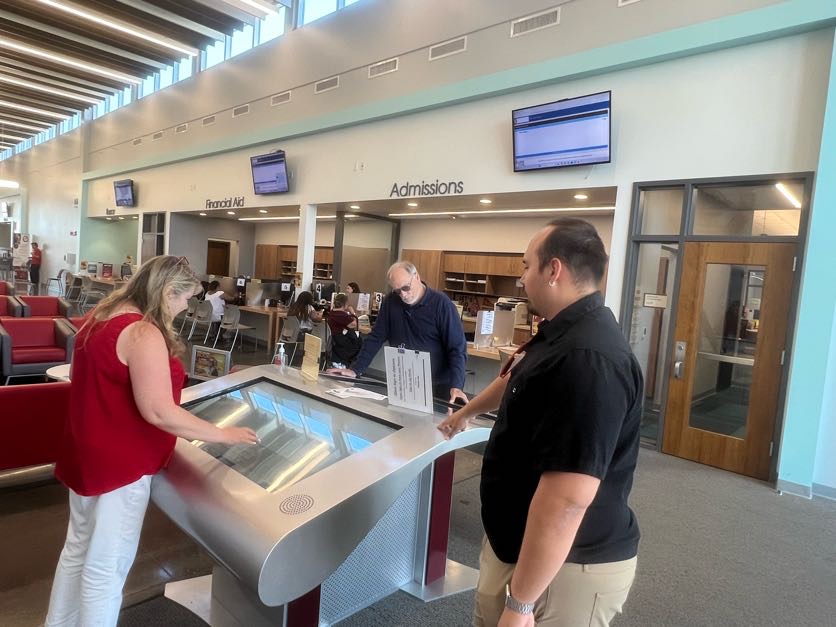
A visit to Apple Valley Adult School and Victor Valley College highlighted a thriving partnership, showcasing a 48% increase in ESL enrollment. Innovations like a "one-stop center" and student-driven campus tours were commended, with recommendations for streamlined processes and regular meetings.
East Side: Blended Learning Initiatives

East Side Adult School received accolades for successful Blended Learning workshops. Recommendations included utilizing the Northstar assessment for student readiness and addressing teacher resistance through monthly staff development and a clear technology vision. Initiatives like the Distance Learning Team and a Mentoring Program were praised.
Clovis Adult Education: Achieving Excellence
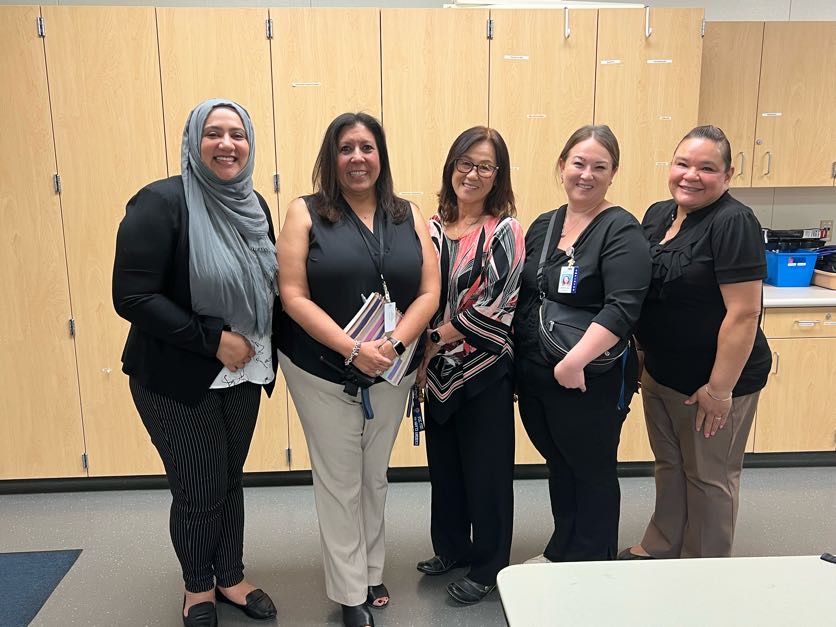
Clovis Adult School is a leader in services and programs offered for students, achieving 100% CANVAS conversion and success. The focus now shifts to enhancing teacher skills and cohesion. Discussions included challenges in pay allocation and goals like providing each classroom with its own set of computers.
CDCR - Advancing Inmate Education through Technology
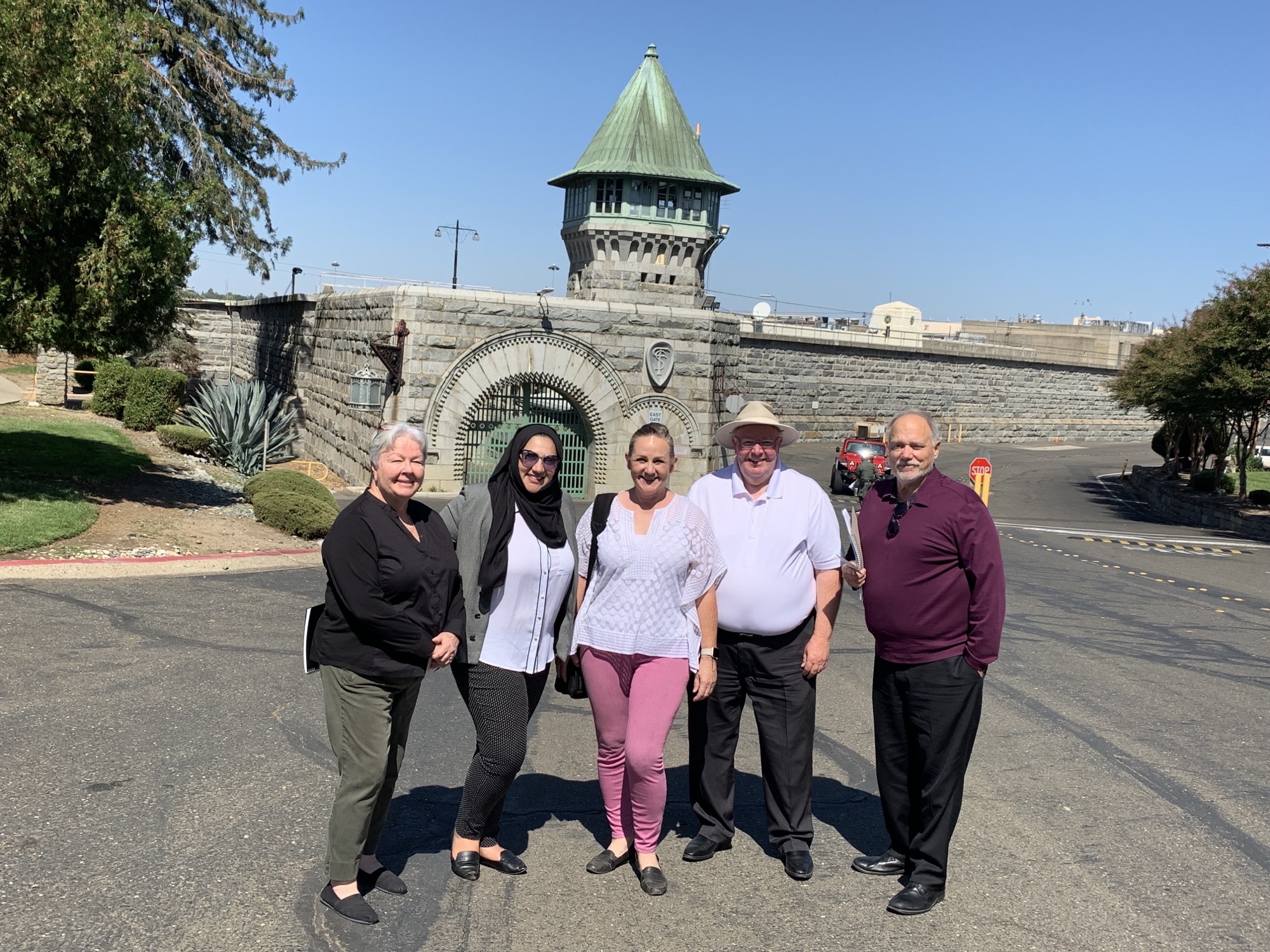
Valley State Prison (VSP) housing 3,400 inmates, with 2,000 engaged in educational programs, faced challenges in laptop dissemination and Wi-Fi installation. The commitment of DLAC member Bryan Boel and support from custody and the warden were noted. Key goals included efficient laptop dissemination, SMART board training, Wi-Fi infrastructure, and integrating digital literacy into the curriculum.
California State Prison, Los Angeles County (LAC) focused on implementing a digital literacy curriculum for students and staff. DLAC member Vera Valdivia-Abdallah expressed goals for Canvas access and teacher coaching. System-wide goals, such as one laptop per student and widespread Wi-Fi access, were acknowledged as long-term objectives.
Pelican Bay State Prison (PBSP) highlighted innovative approaches, including a gym transformed into a study hall with Wi-Fi for online work. Goals centered on expanding Canvas access, improving laptop dissemination, and providing teachers with training on maximizing ViewSonic smartboards. PBSP showcased dedication to education despite high-security requirements.
These site visits showcase ongoing efforts to enhance adult learners' education through technology no matter the classroom setting. Challenges vary with DLAC teams supported by OTAN and continue to play a vital role in advancing digital education, literacy, and educational technology across California's adult learning classrooms. The DLAC 4 cohort's progress shows the dedication of educators in reshaping adult education for a digital era, serving as true innovators and collaborators.

